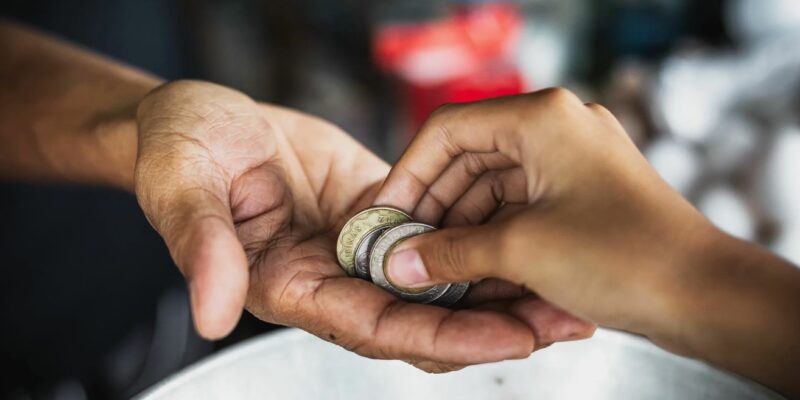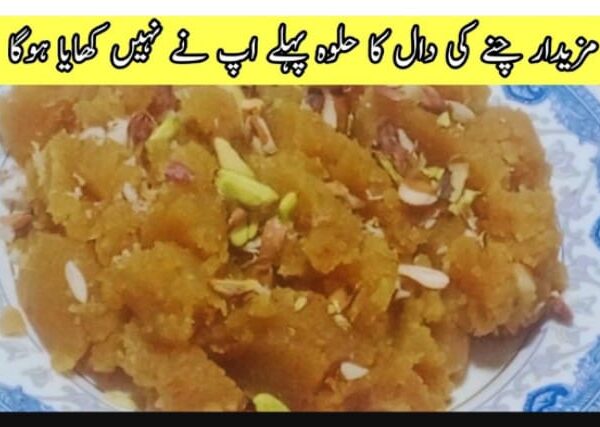
Fitrana, also known as Zakat al-Fitr, is an essential part of the Islamic faith and plays a significant role in the lives of Muslims, especially during the holy month of Ramadan. It is a form of charity that every Muslim, regardless of age or wealth, is obligated to give before the end of Ramadan. This article explores the concept of Fitrana, its significance, the amount to be given, and how organizations like Seven Spikes Relief collect and distribute these funds to those in need.
What is Fitrana Money?
Fitrana, or Zakat al-Fitr, is a compulsory charity given by Muslims at the end of Ramadan, typically before the Eid al-Fitr prayer. It is meant to purify the fasting person from any indecent act or speech during Ramadan and to ensure that even the less fortunate can enjoy the celebrations of Eid. The word “Fitr” comes from the word “Iftar,” which means breaking the fast, and Fitrana is intended to provide food for the needy so they can participate in the breaking of the fast during Eid.
Fitrana differs from Zakat, the annual obligatory alms-giving that is calculated based on one’s wealth. Fitrana is a fixed amount, usually in the form of food or its monetary equivalent, that every Muslim must give, regardless of their financial situation.
The Significance of Fitrana
The primary purpose of Fitrana is twofold: spiritual purification and social responsibility. From a spiritual perspective, Fitrana serves as a way to purify the fasting individual from any minor mistakes or sins committed during Ramadan. It is a form of repentance and a means to seek forgiveness from Allah for any shortcomings.
From a social perspective, Fitrana is an expression of solidarity with the less fortunate. It ensures that those who are in need have enough food to celebrate Eid and feel a part of the larger Muslim community. Fitrana aims to remove the barriers between the rich and poor, fostering a sense of unity and compassion within society.
Who Should Give Fitrana?
Every Muslim, regardless of their financial status, is obligated to give Fitrana. This includes men, women, children, and even infants if their family has enough to meet their basic needs. However, individuals who are themselves struggling to afford basic necessities are exempt from giving Fitrana. In essence, anyone who has enough food for themselves and their dependents on the day of Eid is expected to contribute to Fitrana.
It is important to note that the head of the household is responsible for paying Fitrana on behalf of all the dependents under their care. This means that a parent may give Fitrana on behalf of their children or elderly relatives who are in their household.
The Amount of Fitrana
The amount of Fitrana is relatively modest, but it is significant enough to make a difference in the lives of those who receive it. Traditionally, Fitrana was given in the form of staple food items like wheat, barley, dates, or raisins, which were common in the time of the Prophet Muhammad (PBUH). However, in modern times, it is often given in the form of monetary donations that can be used to purchase food.
The exact amount of Fitrana is equivalent to the cost of a specific quantity of food, generally around 2.5 kilograms (or 5 pounds) of staple items. Different Islamic scholars and organizations calculate the monetary value of Fitrana each year based on local food prices. In many parts of the world, the amount typically ranges between $5 and $10 per person, but it can vary depending on the local cost of food.
When to Give Fitrana?
Fitrana must be given before the Eid prayer, which marks the end of Ramadan. Many scholars advise giving it a day or two before Eid so that those who receive it have enough time to prepare for the holiday. Failing to pay Fitrana on time can result in the charity being considered as regular Sadaqah (voluntary charity) instead of Fitrana, thus missing its specific spiritual benefits.
The ideal time to give Fitrana is during the last days of Ramadan, but it is permissible to give it earlier in the month if needed. Some people prefer to give it early to ensure that the charity reaches the needy in time for Eid preparations.
How Fitrana is Distributed
The recipients of Fitrana are the poor and needy within the Muslim community. The purpose of Fitrana is to provide food and support to those who might otherwise struggle to enjoy the Eid celebrations. In some cases, it is distributed directly in the form of food, while in others, the monetary equivalent is given to individuals or families in need.
Many mosques, charities, and relief organizations collect Fitrana on behalf of the community and ensure it is distributed appropriately. In some regions, local Islamic centers may take responsibility for organizing the collection and distribution of Fitrana to ensure that it reaches those who need it most.
The Importance of Fitrana in Today’s World
In today’s world, where income inequality and poverty are widespread, the importance of Fitrana cannot be overstated. It serves as a reminder of the responsibility that Muslims have towards the less fortunate, not just in their local communities but around the world. Fitrana is an opportunity to reflect on one’s own blessings and share them with those who are less privileged.
Furthermore, Fitrana plays a critical role in promoting social justice and reducing poverty. By ensuring that the needy are taken care of during Ramadan and Eid, it strengthens the bonds of brotherhood and compassion within the Muslim community.
How to Give Fitrana Online
With the advent of technology, giving Fitrana has become easier than ever. Many Islamic charities and organizations now offer the option to give Fitrana online, allowing Muslims to fulfill their obligation quickly and efficiently. This is particularly helpful for those who may not have direct access to local mosques or charitable organizations.
Online Fitrana platforms typically provide detailed instructions on how much to give based on the number of family members. These platforms ensure that the funds are distributed to the appropriate recipients, often working with local partners to provide food or cash assistance to those in need.
Seven Spikes Relief
Seven Spikes Relief is an organization dedicated to helping those in need, particularly in regions affected by conflict and poverty. During the month of Ramadan, Seven Spikes Relief plays a vital role in collecting Fitrana funds from Muslims around the world and distributing them to families who are struggling to afford food and basic necessities.
By partnering with local communities and aid organizations, Seven Spikes Relief ensures that Fitrana donations are used effectively to support the most vulnerable. The organization’s work not only helps fulfill the religious obligation of giving Fitrana but also contributes to alleviating hunger and poverty in some of the world’s most underserved regions. Through the efforts of organizations like Seven Spikes Relief, the impact of Fitrana extends beyond a single meal, offering hope and dignity to those in need.
Conclusion
Fitrana is an essential aspect of the Islamic faith that reminds Muslims of their responsibility to support the less fortunate. By giving Fitrana, Muslims purify their fast, strengthen their community, and help ensure that everyone can partake in the joy of Eid. In today’s interconnected world, organizations like Seven Spikes Relief make it easier to fulfill this obligation and ensure that Fitrana funds reach those who need it most, bringing hope, relief, and happiness to countless families during Ramadan.










